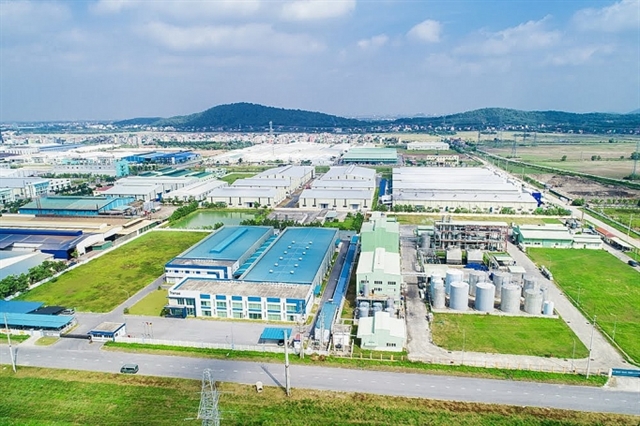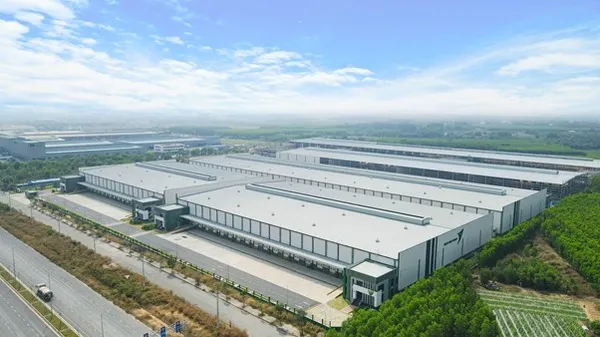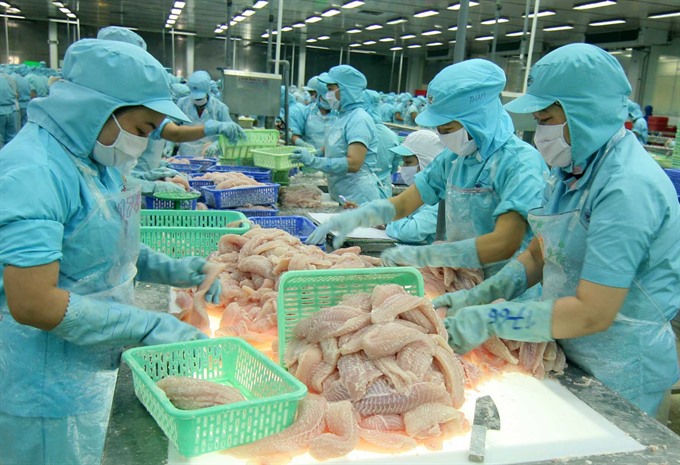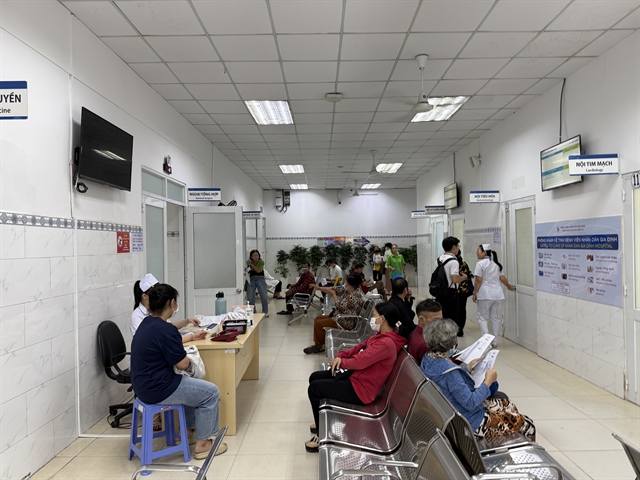 Economy
Economy

Vietnamese firms have been urged to improve their production processes so that export products can meet new regulations set by importing countries, experts have said.
 |
| Seafood being processed at a factory run by the International Development and Investment Corp in HCM City. - VNA/VNS Photo Vũ Sinh |
HCM CITY — Vietnamese food exporters have been urged to improve production so that products can meet new regulations set by importing countries, experts have said.
“Non-compliance with food safety regulations is the largest barrier to entry,” said Rick Gilmore, chairman of the Global Food Safety Forum, at a seminar on “Global Food Safety Trends and Solutions to Expand Export Markets for Vietnamese Enterprises” held in HCM City on Wednesday.
Under the 2014 Farm Bill in the US, which went into effect in March last year, in the 18-month transitional period (March 1, 2016 – September 1, 2017), the Food Safety and Inspection Service (FSIS) will begin using an “interim re-inspection strategy”.
Imported Siluriformes (catfish) fish and fish product shipments will be selected for re-inspection and subjected to species and residue testing at least once each quarter.
Việt Nam and other countries have submitted documentation to FSIS showing that they have laws and other legal measures in place that regulate the growing and processing of Siluriformes fish for human food and that ensure compliance with the Food and Drug Administration’s regulatory requirements.
A list of facilities approved to export Siluriformes fish from Việt Nam has also been submitted.
The regulations will be fully enforced starting from September 1, 2017, when all imported shipments of Siluriformes fish/fish products to the US will be required to be presented for re-inspection to the US Department of Agriculture (USDA).
Foreign countries seeking to continue to export such products to the US must submit adequate documentation showing the equivalence of their Siluriformes inspection systems with that of the US, he said.
“The time to comply with new regulations is now,” he said.
Nguyễn Thị Hồng Minh, former Deputy Minister of Fisheries, said there were provisions in the regulations that were not reasonable for Việt Nam.
For instance, a regulation requires Vietnamese processors to transport fish from fishing ponds to processing plants by road as it is done in the US.
In Việt Nam, which is endowed with abundant rivers, the transportation is mainly made by boat with enough water containers on board to allow fish to move until they reach processing plants.
Minh said that enterprises had made great efforts to meet the environment and quality requirements set by many countries.
Vũ Kim Hạnh, chairwoman of the High Quality Vietnamese Goods Business Association, said that exports to the US had become more difficult.
The FDA Food Safety Modernization Act, which took effect last year, was the most sweeping reform of US food safety laws in more than 70 years.
The law ensures a safe US food supply by shifting the focus from responding to preventing contamination. It switched from the inspection of imported goods in the US to inspection in production chains in countries exporting food to the US.
"Food safety regulations under the FSMA are now more strict, with more inspections and higher standards. This has caused difficulties for Vietnamese exports, especially since last June, when the law took effect," she said.
Other countries that Việt Nam exports to, including Canada, the EU and Australia, are expected to have similar laws, according to Hạnh.
Vietnamese firms still lack knowledge about the US’s Food Safety Modernisation Act and European Food Safety Authority regulations.
To expedite exports, Vietnamese firms should learn more about regulations set by importing countries to ensure that they meet requirements, she added.
Delegates at the seminar called on local firms to increase the use of organic farming practices in agricultural production, animal breeding and aquaculture.
Nguyễn Lâm Viên, chairman and general director of Vinamit JSC, said that organic certification would open the door for Vietnamese goods to export to choosy markets like North America, Japan and the EU. — VNS




